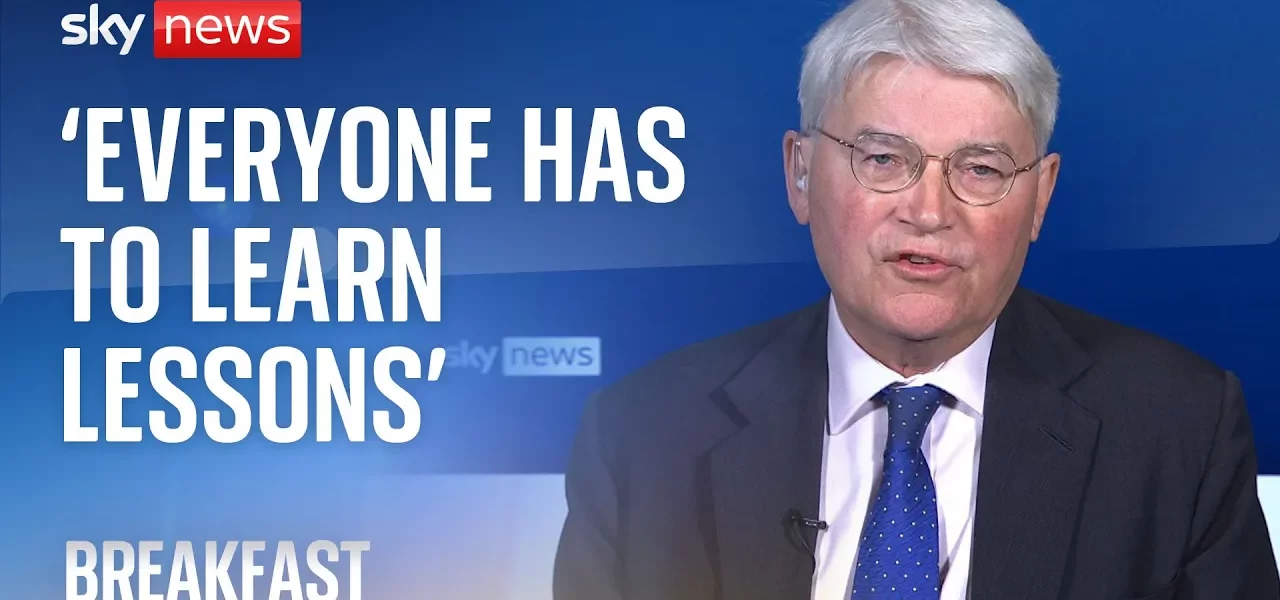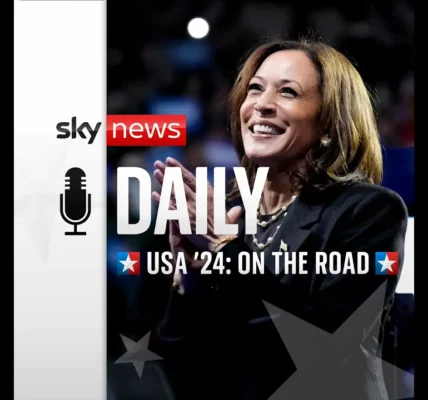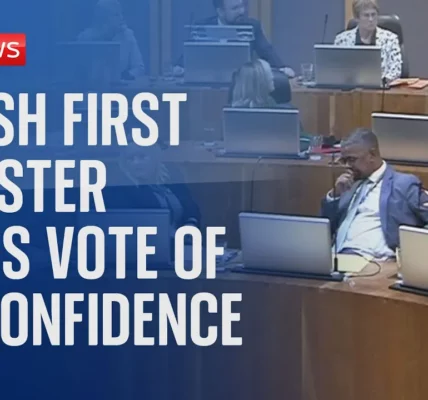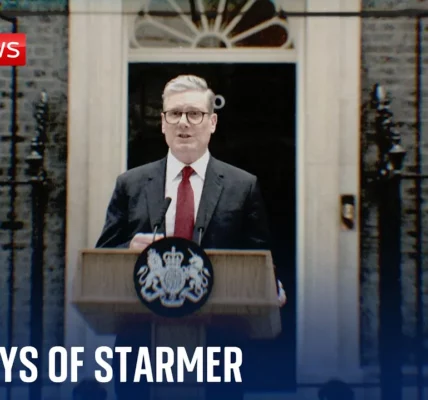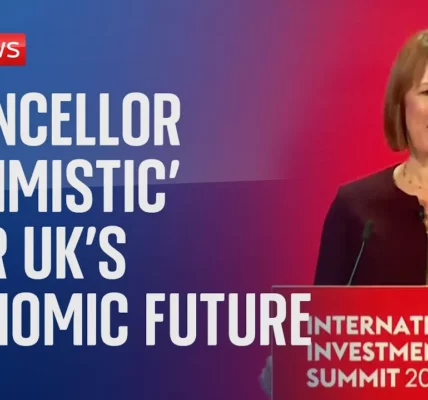Andrew Mitchell on Political Violence and Discourse

This article explores the insights of Shadow Foreign Secretary Andrew Mitchell regarding the recent acts of political violence and the overall atmosphere surrounding politics in the UK and the US. We delve into the implications of political discourse, gun laws, and the need for civility in political discussions.
Introduction
The recent surge in political violence has ignited discussions surrounding the nature of politics in both the United Kingdom and the United States. Shadow Foreign Secretary Andrew Mitchell has provided critical commentary on this pressing issue, emphasizing the need for a reevaluation of political discourse. The interplay between social media, political language, and societal attitudes has reached a point where action is necessary to restore respect among politicians and the public alike.
Understanding Political Violence
Political violence is not merely a byproduct of extreme ideologies; it reflects a broader societal problem. As noted by Andrew Mitchell, recent events have unveiled a disturbing trend in the political landscape.
Condemnation of Violence
Mitchell stressed that the recent acts of violence are appalling and have been universally condemned. This condemnation extends across the political spectrum, highlighting a collective recognition of the severity of the issue.
The Role of Social Media
Social media has been identified as a significant factor in escalating tensions and the “cening” of political debate. The ability for individuals to express extreme views without accountability can distort public discourse.
Impact on Political Atmosphere
- Increased hostility toward candidates
- Harassment of public figures, particularly women
- Polarization of political opinions
The Influence of Political Figures
The behavior and rhetoric of political leaders play a crucial role in shaping public discourse. Andrew Mitchell pointed out the need for all political figures to learn from recent events.
Donald Trump’s Impact
Mitchell acknowledged that Donald Trump’s approach to political language has had profound implications, especially following the Capitol attack. It raises questions about accountability among politicians.
Gun Laws in America
The discussion of gun laws remains a contentious issue in the United States, often surfacing in conversations about political violence. Addressing the underlying factors of gun licensing is essential in the broader dialogue about safety and respect in politics.
Calls for Change in Political Discourse
Mitchell’s insights underscore the urgent need for a transformation in how political discussions are conducted on both sides of the Atlantic.
Lessons from Recent Events
There is a crucial opportunity for politicians to reassess their rhetoric and interactions. By fostering a culture of respect, it is possible to create a more civil political environment.
Encouraging Civility
Mitchell emphasized the importance of playing the ball, not the man. This principle could help mitigate personal attacks and encourage a focus on policies rather than personalities.
The Role of Public and Politicians
- Encouraging mutual respect between politicians and the public
- Addressing harassment and intimidation in political campaigns
- Creating forums for constructive dialogue
Conclusion
In summary, Andrew Mitchell’s reflections on political violence and discourse highlight the urgent need for a shift in attitudes among politicians and the public. The interplay between rhetoric, social media, and political violence demands our attention. It is imperative for all stakeholders to engage in respectful dialogue, fostering a political environment that values civility and understanding. We encourage readers to reflect on these issues and advocate for a more respectful political discourse in their communities.
For further insights into political discourse and its implications, check our article on Politics and Society.
“`
